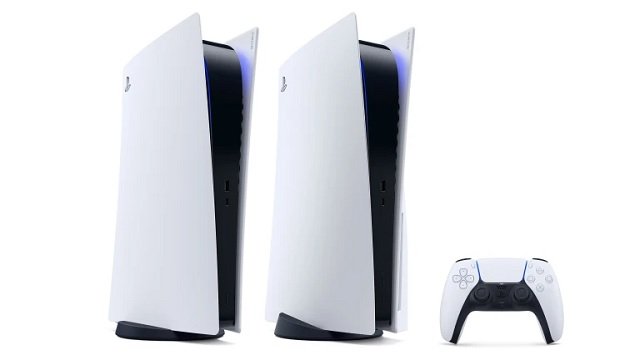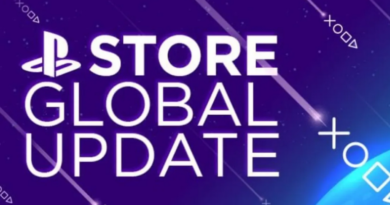PS5 Price Increasing in Select Markets, Sony Confirms
Rumors of a PS5 price increase were unfortunately true. Sony Interactive Entertainment’s Jim Ryan took to the PS Blog at an unusual hour to confirm that the PS5 will now cost more in select countries due to the global economic environment and high inflation rates. Ryan termed it a “difficult decision” but one that was necessary to make given the aforementioned factors and volatile currency trends.
Who is affected by the PS5 price increase?
The affected regions include Europe, Middle East, and Africa (EMEA), Asia-Pacific (APAC), Latin America (LATAM), as well as Canada. There will be no price increase in the United States. New prices in each of these regions are listed below. The changes are effective immediately unless stated otherwise.
- Europe
- PS5 with Ultra HD Blu-ray disc drive – €549.99
- PS5 Digital Edition – €449.99
- UK
- PS5 with Ultra HD Blu-ray disc drive – £479.99
- PS5 Digital Edition – £389.99
- Japan (effective Sept. 15, 2022)
- PS5 with Ultra HD Blu-ray disc drive – ¥60,478 yen (including tax)
- PS5 Digital Edition – ¥49,478 yen (including tax)
- China
- PS5 with Ultra HD Blu-ray disc drive – ¥4,299 yuan
- PS5 Digital Edition – ¥3,499 yuan
- Australia
- PS5 with Ultra HD Blu-ray disc drive – AUD $799.95
- PS5 Digital Edition – AUD $649.95
- Mexico
- PS5 with Ultra HD Blu-ray disc drive – MXN $14,999
- PS5 Digital Edition – MXN $12,499
- Canada
- PS5 with Ultra HD Blu-ray disc drive – CAD $649.99
- PS5 Digital Edition – CAD $519.99
Closing off the PS Blog post, Ryan acknowledged that the PS5 is still facing supply issues, and the company’s top priority is increasing the console’s availability in the market. Unfortunately, this price increase probably also means that scalpers currently hanging on to their stock will have a field day.
It’s unclear if Microsoft and Nintendo will follow suit and increase prices of their respective consoles or not.
In other news, Square Enix is apparently opening a new development studio in the West after selling a number of them to Embracer Group, and Microsoft’s Phil Spencer thinks we’ll see fewer exclusives going forward.






